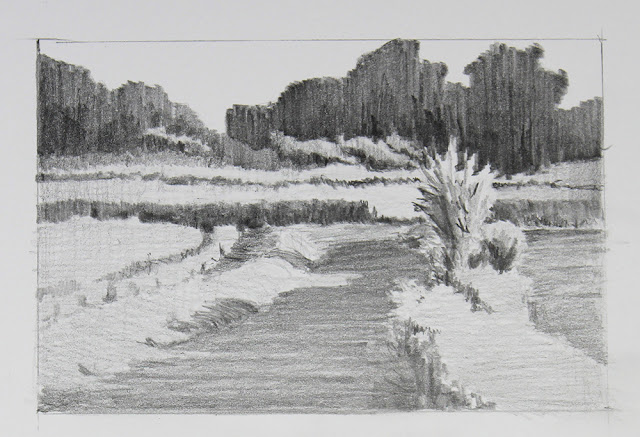I've been thinking a lot about ease lately.
This year has been the antithesis of ease. Mostly I do just fine, until suddenly I find that I am so very not fine. Navigating the roller coaster is uncomfortable and difficult.
Everything seems harder.
Over and over lately I've been repeating the question: How can I make this easier? How can I make this easier? How can I make this easier? What am I doing wrong? How can I make this easier?
Which begs the question: What is ease?
For me, ease is the quality of a process that obtains maximum results for minimum effort.
Maximum results. Minimum effort.
Five apricots. Reference photo.
Piles of them.
And in my mind the constant refrain: Why is this so hard? What am I doing wrong? What can I do to make it easier?
I started examining my stories around ease. I have familiar ones:
- Work is good. Good people work. If I work, then I am a good person.
- In order to be a good person, I have to work.
- The harder I work, the better person I am.
- I have achieved some awesome stuff by working hard. Therefore, great achievements only come after hard work.
- I am really good at making things harder.
- I don't know how to make things easier.
- I feel like I have to MAKE things easier.
- The more I control things, the easier they are.
- Control = ease. Ease = control.
Make it easier.
Make Let it be easier.
Let it be easier.
Let it be.
 |
| Five apricots. Drawing. |
- What am I doing that requires a specific outcome?
- What requires flow?
- What can I learn to just let be?
- What am I doing that needs to change categories?
- To what extent does 'habit' contribute to ease?
- Is ease a function of one's ability to make something a habit?




